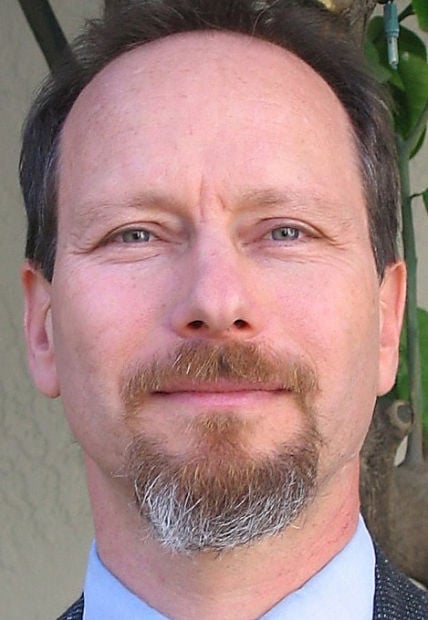Climate change is not just happening in some far and distant place. It's happening now, right here in Arizona.
A new report on climate change in the Southwest shows that our weather patterns are already shifting and we're seeing and feeling the impacts. Drawing from the most recent and comprehensive scientific information, the study led by University of Arizona researchers also assesses future impacts on health, water, agriculture, energy supply and demand, ecosystems, transportation and our communities.
Arizona is no stranger to heat and an arid climate. But the "Assessment of Climate Change in the Southwest United States" concludes that decade 2001-2010 was warmer than any prior decade in the last 110 years. The warming trend in global temperatures over the past 50 years, primarily driven by human-caused increases in greenhouse-gas emissions, is projected to continue, producing longer and hotter heat waves in the Southwest.
Especially troubling for Arizona is the reduction of water availability as declines in soil moisture, late-season snowpack and river flow continue. Water has always been a critical issue for Arizona and innovative water management has allowed the state to thrive and grow.
But climate change will place a heavy strain on an already scarce resource.
Wildfires also pose a growing threat as changes in temperature, soil moisture and vegetation fuel longer and more destructive fire seasons. In 2011, we glimpsed this future when the Wallow Fire - the largest fire in Arizona history - burned over 500,000 acres. It will only get worse as climate change accelerates.
If greenhouse-gas emissions continue on their current path, by mid-century Tucson will have a projected additional 34 days a year (an extra month) of 100-plus-degree days and 25 more 110-plus-degree days. Our future prosperity will evaporate along with our water supplies.
As a scientist, I look at climate change through a lens of data and peer-reviewed reports. But when I take off my strictly scientific hat and look at the issue more broadly as an Arizona citizen who cares deeply about my community and the future of Tucson, I can reach only one responsible conclusion: We must change our trajectory. We must prepare for the impacts we cannot avoid, while we prevent the impacts that we cannot prepare for by slowing climate change dramatically.
A year ago, I spoke at a city-sponsored public summit called the Power to Prepare Tucson. The participants generated and discussed community responses to climate change. Among the most popular ideas were increasing energy efficiency and developing solar and other renewable energy sources. These and many other actions have multiple benefits - slowing climate change, ensuring a long-term water supply and generating jobs.
The summit revealed that there are plenty of viable options. But it takes political will and an understanding of climate reality to move Arizona and the nation away from the fossil-fuel burning that is cooking our state with greenhouse-gas emissions.
No one should doubt America's ingenuity and resolve to tackle serious threats like climate change. Landing on the moon, developing the Internet, and decoding the human genome are all examples of American know-how and ingenuity at work.
We must do it again. Ultimately, it's up to all citizens to make sure our elected representatives pursue the future we want. If we fail to take control of our own energy and climate future, we will fail future generations of Arizonans by leaving them a state that barely resembles the one we know and love today.
Gregg Garfin is a professor at the University of Arizona and a lead author of the "Assessment of Climate Change in the Southwest United States." For details go online to www.swcarr.arizona.edu





